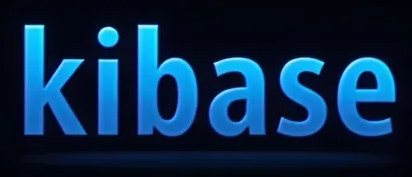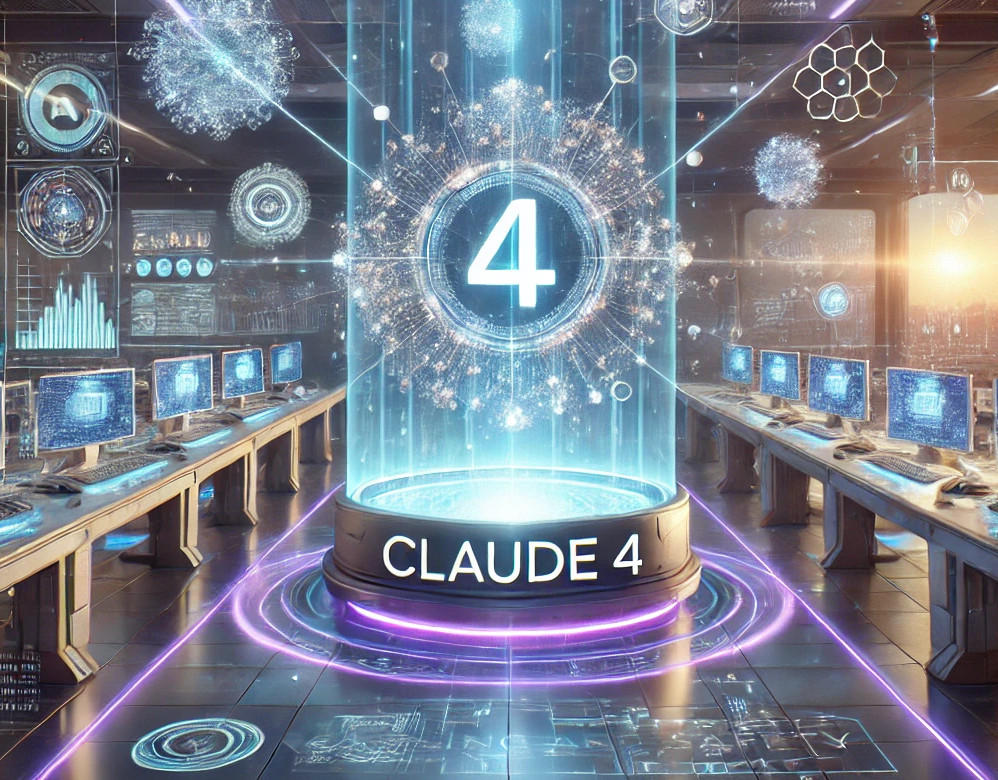Introduction
On May 22, 2025, Anthropic announced Claude 4, including two new models: Claude Opus 4 and Claude Sonnet 4. These models mark a new level of performance in coding, advanced reasoning, and agent-style workflows. They are available via the Anthropic API, Amazon Bedrock, and Google Cloud’s Vertex AI. InfoWorld+3Anthropic+3Amazon Web Services, Inc.+3
What’s New with Claude 4
- Claude Opus 4 is described as the company’s most powerful model so far, excelling in sustained coding performance over long, complex tasks, handling thousands of steps, and supporting agent-oriented workflows. Anthropic+2Amazon News+2
- Claude Sonnet 4 represents a step up from Sonnet 3.7: better reasoning, more precise instruction-following, and solid coding capacity, while being more cost-efficient. Anthropic+1
- The models support hybrid reasoning: near-instant responses for simpler queries, extended thinking modes for deeper work. This flexibility helps in both interactive settings and longer agentic tasks. Anthropic+1
Availability & Integration
- Both models are accessible through Anthropic’s API. Anthropic+1
- Integration via Amazon Bedrock allows developers to use them without managing infrastructure. Amazon Web Services, Inc.+1
- Also available in Google Cloud Vertex AI (Model Garden). Google Cloud+1
Implications & Strengths
- The ability to run long, multi-step coding tasks with consistent performance signals that agents built on Opus 4 can be trusted for heavier workflows.
- Sonnet 4 provides a more balanced option, for developers or use-cases that need strong performance without the top-tier resource requirements.
- Hybrid reasoning modes yield better responsiveness or deeper reasoning as needed, which is beneficial in different user scenarios.
- Cloud availability (Bedrock, Vertex AI) smooths adoption for enterprises, making deployment easier and scaling more manageable.
Challenges & Considerations
- More demanding workflows (long-running, agentic tasks) still incur higher compute and potential latency.
- Ensuring stability & correctness across extended workflows is tough: error accumulation, drift, resource exhaustion are risks.
- Safety, alignment, and reliable instruction following remain essential especially in extended “thinking” modes.
- Choosing between Opus vs Sonnet, and when to use “fast” vs “extended thinking”, adds complexity for developers.
Conclusion
Claude 4 (Opus & Sonnet) is a major step forward for Anthropic, combining strong coding and reasoning gains with flexible agent workflows. These models deepen the gap in what’s possible with AI agents and long task handling. Because they are available via major cloud platforms and APIs, their impact is likely to be broad. As competition continues between AI providers, Claude 4 will be one of the models to watch closely.
Sources
- Anthropic: Introducing Claude 4 (Opus 4 & Sonnet 4) – May 22, 2025.
- Google Cloud Blog: Claude Opus 4 and Claude Sonnet 4 on Vertex AI – May 23, 2025.
- AWS Blog: Claude Opus 4 now in Amazon Bedrock – May 22, 2025.
- Infoworld: Anthropic releases Claude Sonnet 4 and Claude Opus 4 – May 22, 2025.

